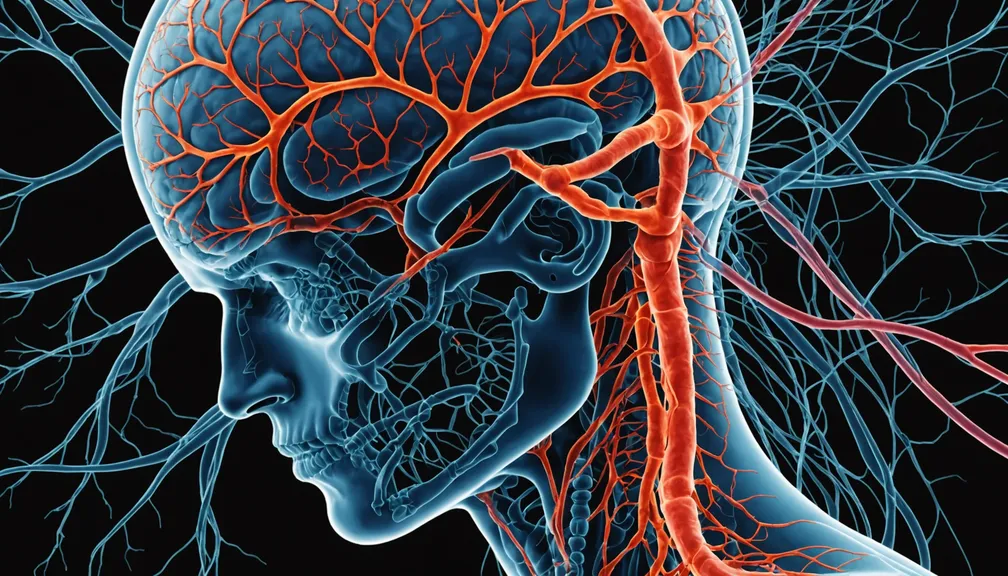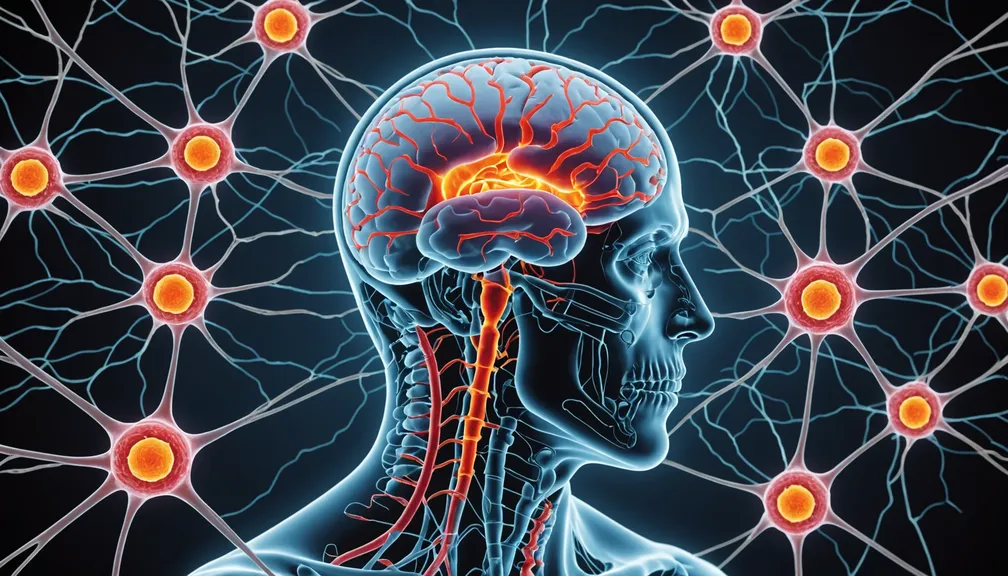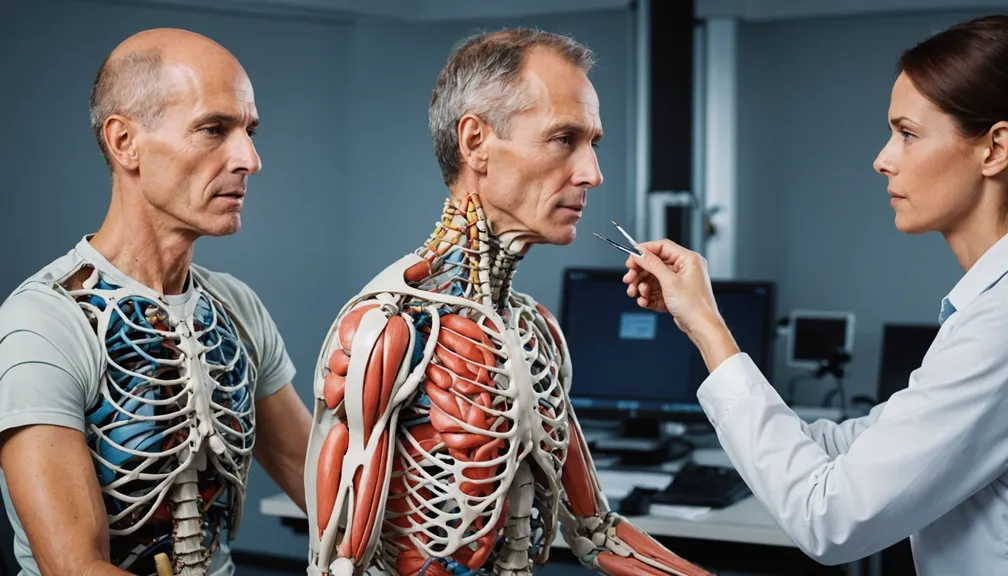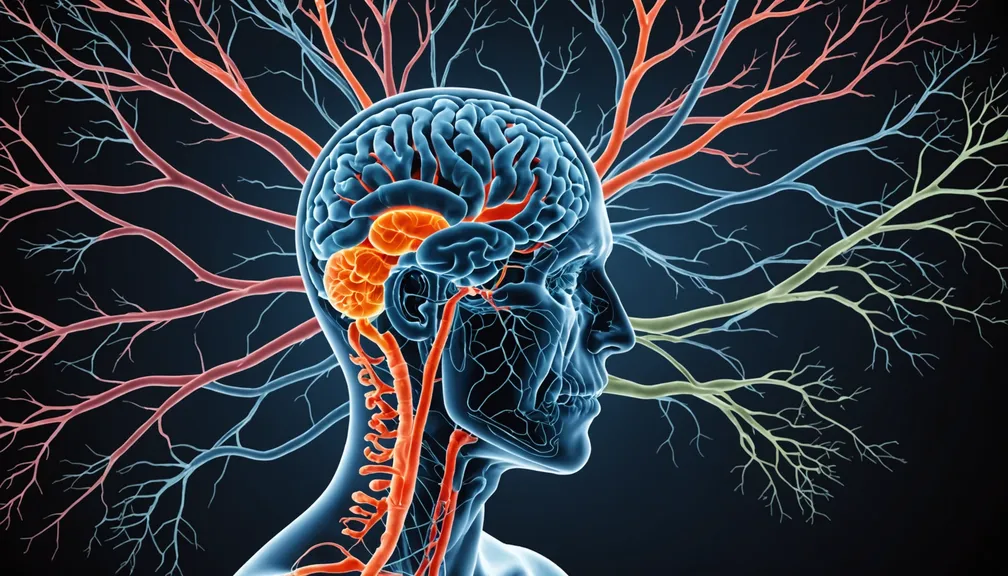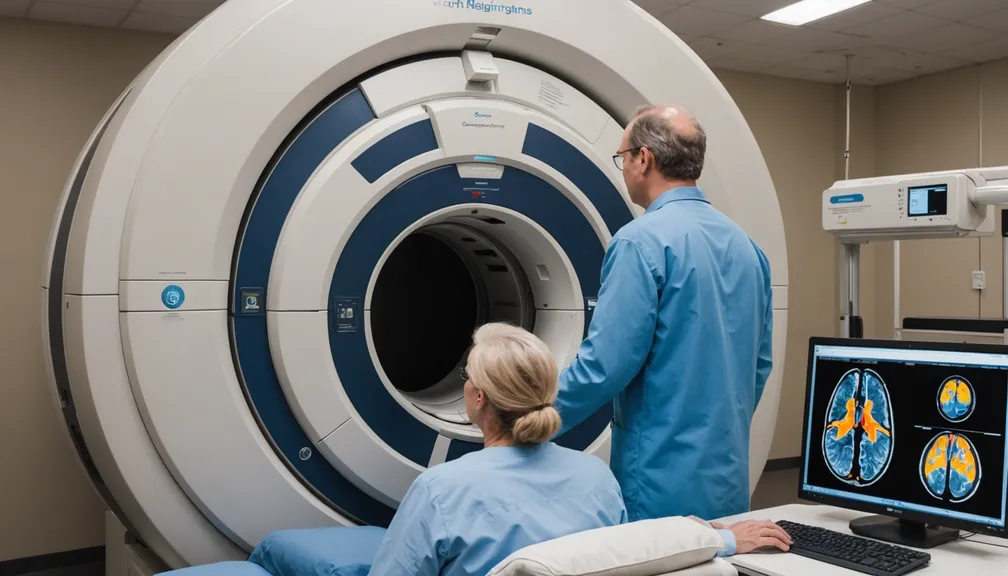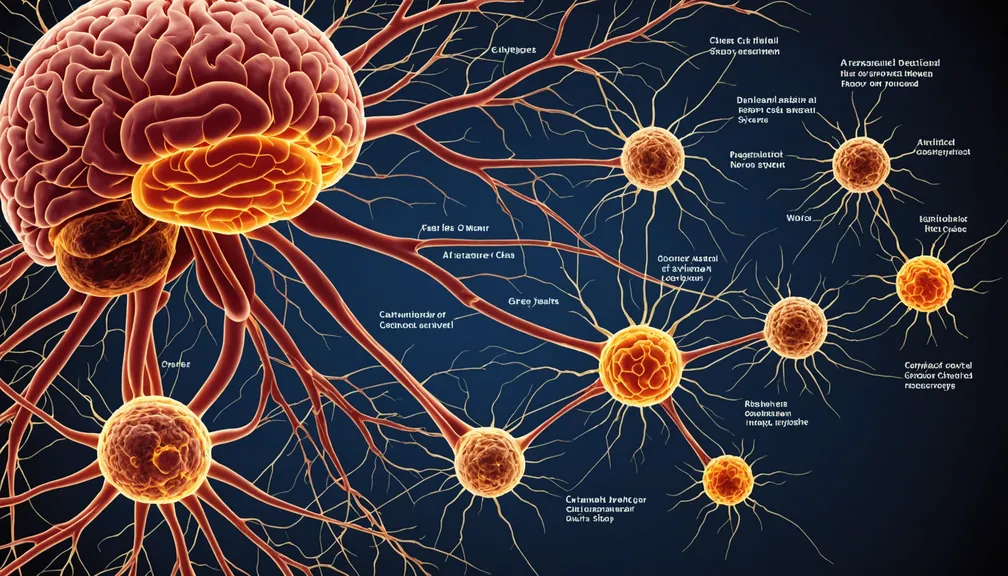Advancements in Neuro-Oncology: Research and Trials
Innovative Treatment Options
Targeted Therapies
Targeted therapies focus on specific molecules and pathways that contribute to cancer growth. Unlike traditional chemotherapy, which affects all rapidly dividing cells, targeted therapies aim to minimize damage to healthy cells. This precision can lead to fewer side effects and more effective treatment outcomes for patients with rare nervous system cancers.
Immunotherapy
Immunotherapy harnesses the body’s own immune system to fight cancer. By enhancing the immune response or removing the brakes on immune cells, immunotherapy can help the body recognize and destroy cancer cells more effectively. This approach has shown promise in treating certain types of nervous system cancers, offering hope for improved survival rates.
Gene Therapy
Gene therapy involves modifying or repairing the genetic material within cancer cells. By addressing the root genetic causes of cancer, this innovative treatment aims to stop cancer growth at its source. While still in the experimental stages for many nervous system cancers, gene therapy represents a promising avenue for future treatments.
Precision Medicine in Neuro-Oncology
Personalized Treatment Plans
Precision medicine tailors treatment strategies to an individual’s unique genetic makeup and the specific characteristics of their cancer. This personalized approach ensures that patients receive the most effective therapies with the least side effects, enhancing overall treatment success.
Biomarkers and Genetic Testing
Biomarkers are biological indicators that help identify specific cancer types and predict how they will respond to treatment. Genetic testing can uncover mutations and alterations in cancer cells, enabling doctors to select the most appropriate targeted therapies and immunotherapies for each patient.
Clinical Trials: Exploring New Frontiers
What are Clinical Trials?
Clinical trials are research studies that test new treatments, therapies, and interventions to determine their safety and effectiveness. Participating in a clinical trial can provide access to cutting-edge treatments that are not yet widely available.
Benefits of Participating
- Access to New Treatments: Gain early access to promising therapies.
- Comprehensive Care: Receive close monitoring by a team of specialists.
- Contribute to Science: Help advance medical research that may benefit others in the future.
How to Find and Join Clinical Trials
- Consult Your Doctor: Discuss potential clinical trial options with your healthcare provider.
- Research Institutions: Contact major cancer research centers and hospitals.
- Clinical Trial Registries: Utilize official registries to find trials that match your condition and treatment needs.
Recent Research Breakthroughs
Advancements in Imaging Techniques
New imaging technologies, such as advanced MRI and PET scans, provide more detailed views of the brain and nervous system. These improvements enhance the accuracy of diagnoses, allow for better treatment planning, and enable doctors to monitor tumor response more effectively.
Novel Drug Developments
Researchers are developing new drugs that specifically target rare nervous system cancers. These medications aim to inhibit cancer growth, reduce tumor size, and improve patient outcomes with fewer side effects compared to traditional treatments.
Surgical Innovations
Minimally invasive surgical techniques have advanced significantly, allowing surgeons to remove tumors with greater precision while preserving as much healthy tissue as possible. Enhanced recovery protocols also contribute to shorter hospital stays and quicker patient recovery times.
Supportive Care and Multidisciplinary Teams
Types of Specialists Involved
- Neuro-Oncologists: Experts in treating cancers of the nervous system.
- Neurosurgeons: Surgeons specialized in operating on the brain, spinal cord, and peripheral nerves.
- Radiation Oncologists: Specialists who use radiation therapy to target and kill cancer cells.
- Medical Oncologists: Doctors who manage chemotherapy and other systemic treatments.
- Supportive Care Teams: Includes nurses, physical therapists, occupational therapists, nutritionists, and mental health professionals who provide comprehensive care to address all aspects of a patient’s well-being.
Coordinated Care Approach
A multidisciplinary team works together to create and implement a personalized treatment plan. This collaborative approach ensures that all aspects of the patient’s health are considered, leading to more effective and holistic care.
Accessing Support and Resources
Navigating a rare cancer diagnosis can be challenging. Connecting with support groups, counseling services, and patient advocacy organizations can provide emotional support and valuable information. Your healthcare team can help guide you to the resources that best meet your needs.
Types of Doctors and Health Professionals to Consult
- Neuro-Oncologists: Primary specialists for diagnosing and treating nervous system cancers.
- Neurosurgeons: Perform surgical procedures to remove tumors.
- Radiation Oncologists: Administer radiation therapy as part of the treatment plan.
- Medical Oncologists: Manage chemotherapy and other drug treatments.
- Nurses and Nurse Practitioners: Provide day-to-day care and support.
- Physical and Occupational Therapists: Assist with rehabilitation and maintaining function.
- Mental Health Professionals: Offer counseling and support to cope with the emotional challenges of cancer treatment.
- Genetic Counselors: Help interpret genetic testing results and discuss implications for treatment and family members.
By staying informed about the latest advancements and actively participating in your treatment plan, you and your loved ones can navigate the journey of managing a rare cancer of the nervous system with greater confidence and support.
